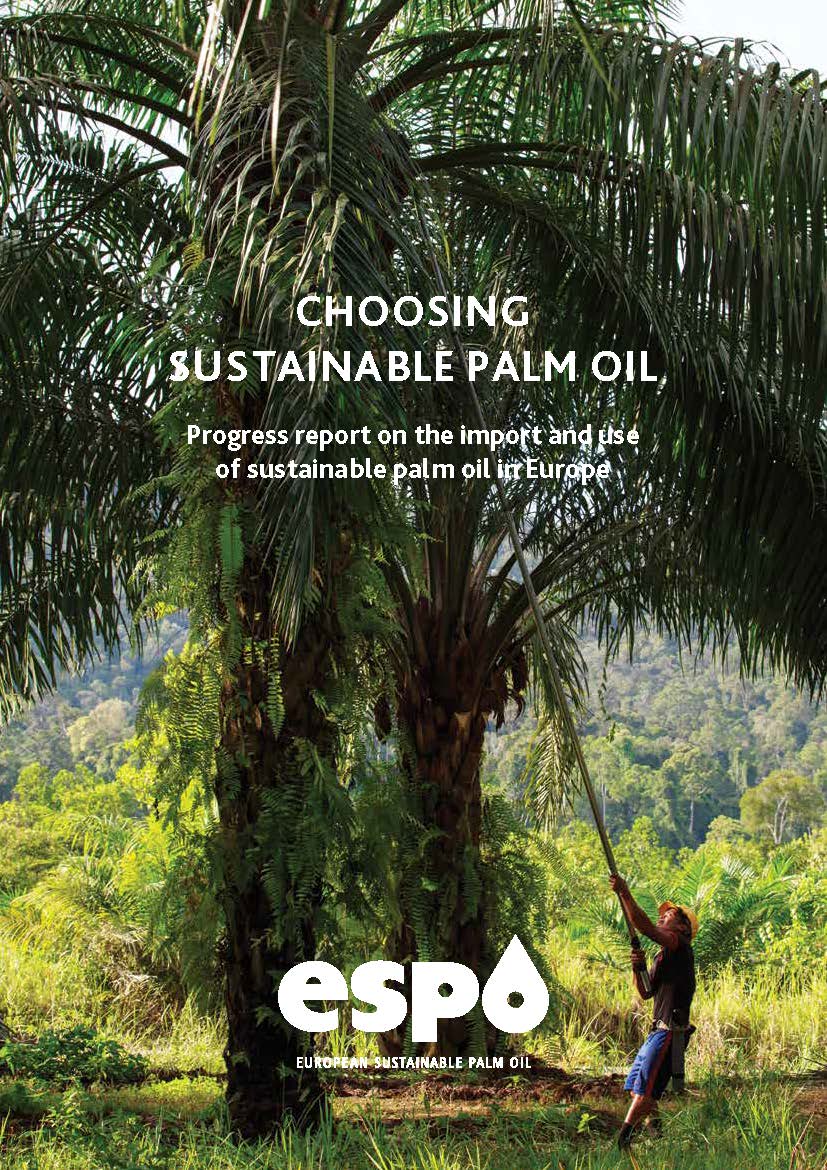Calling for a ban on palm oil will not stop deforestation. It does not help to improve livelihoods of farmers. But we can strive to improve both landscapes and livelihoods by championing more ethical production. Our latest progress report ‘Choosing Sustainable Palm Oil’ shows 74% of palm oil imported for food into Europe was RSPO certified sustainable palm oil. Highlighting there is a large gap to be filled within a short timeframe to achieve the 100% target.

Palm oil plays a big part in our day-to-day lives, and the demand for the world’s most versatile vegetable oil is showing an increase for years already, as is supply. With this economic growth comes the increased risk of unsustainable production processes demolishing tropical forests and peatland, and unethical practices threatening livelihoods of smallholders and surrounding communities.
We in Europe, as the second largest global importer of palm oil, have an important role to play by ensuring 100 per cent of the palm oil in the products we manufacture, and use is certified sustainable.
Currently, 99 per cent of palm oil entering Europe is now traceable to oil mill level. Over 84 per cent of all palm oil is covered by company sustainability policies that focus on ‘No Deforestation, No Peatland and No Exploitation’. And, 74% of palm oil imported for food into Europe was RSPO certified sustainable palm oil. So, to reach the 2020 target, we urgently need to dial up the demand for sustainable palm oil throughout the value chain. Thus, we call on private sector, governments, and NGOs to step up their action to help us achieve this goal.
In our latest report ‘Choosing Sustainable Palm Oil’, we present the latest figures on imports and use in several European countries. The overall outcome is encouraging, nevertheless there is a large gap to be filled within a short timeframe. We have two years left to achieve a 25% increase in the import of sustainable palm oil.
Pivotal for this urgent leap forward is the sustainable sourcing commitment of brands and retailers. It is about buying sustainable palm oil, only then we can eliminate the market for a product that does not conform to legal, economically viable, environmentally conscious and socially beneficial standards.
Determining is when governments step up, through policy, starting with public procurement, to support companies in making this shift. More governments need to sign the ‘Amsterdam Declaration in Support of a Fully Sustainable Palm Oil Supply Chain by 2020’ and all need to engage at the highest level in a dialogue with private sector and producing countries to identify bottlenecks and find solutions.
And it is critical that NGOs support the engagement and dialogue to promote sustainability with fair reporting.
Only through a surge in our combined efforts we can transform the entire supply chain.
